You must have wondered why the disciples did not recognize Jesus after the resurrection. I think there are two basic reasons.
First, his resurrection body was different than ours. We believe in the bodily resurrection of the Lord, but we have to admit that while the stories portray his resurrection as being physical, he was not physical as we are physical.
He’s physical inasmuch as he eats and challenges them to examine his wounds, but his physicality is unusual. In the story of the Road to Emmaus he is mysteriously appears, they don’t recognize him, then he vanishes from their sight. In the Upper Room the doors are locked but he appears among them. The suggestion is that he is able to move through the doors or walls.
C.S.Lewis has an interesting take on this. In one of his science fiction stories he explains about the physicality of angels. They are not less real than this physical world, but more real. However, because of our bias and lack of understanding they seem to us to be insubstantial, ethereal and ghostlike. In fact, it is the other way around. It is our physical world which is insubstantial compared to them.
He gives this example. Let’s say there is a wall of fog but you didn’t know it was fog. It looked solid and impenetrable to you. Then let’s say a man steps through that wall of fog. Because you assumed the wall was substantial and solid you would assume that the man was ghostly and insubstantial. In fact, it is the fog that is insubstantial and no more than mist. This analogy explains the way angels can move through our physical world so easily and is a good explanation for the unusual condition of Jesus’ resurrection body.
He was not less real than this physical realm, but after his resurrection he was more real. The walls, the roads, the food, the physical stuff of this world seemed to him no more than vapors and the wisp of mist or a puff of smoke. This may be why he told Mary Magdalene not to touch him. He was too hot to handle.
So, if this speculation is correct, the resurrected Lord was not recognizable because it really was him, but he was existing in a greater dimension of reality and they couldn’t see him fully with their mortal eyes.
The second reason they did not recognize him is more mundane and also more wonderful
It is because he was glorified. He was transformed. His sufferings and trauma were over and he could stand tall.
The best way I can explain this is to relate an incident that happened to me.
Before I was ordained, and I was living in England as a layman, I ran a business training company and we did some pro bono work helping in prison ministry and assisting in retreat-seminars for victims of violent crime.
At one of the seminars for victims of violent crime I met a woman called Betty. She was a working class Englishwoman married to a depressed, unemployed and violent alcoholic husband. She had three no good sons. Two were already in jail. The third was a violent drunkard. One night he came home from the pub and attacked her and his father with an axe and nearly killed all of them.
Betty was a wreck. Hunched over physically, with a dowdy dress and dreary hair she was about as low as a human being could be.
Anyway, at the retreat seminar she got some support, some help and some advice and she went away determined to make a difference.
About six months later we had a follow up session. A woman came into the room and gave me a hug. I didn’t recognize her. It was Betty. Her hair was done. She was wearing a little make up. She had a new dress and she was standing tall. I laughed and said, “Betty! I honestly didn’t recognize you!”
She said, “You’ll never believe it. I went to the doctor the other day and he said I a three inches taller than I was.”
She was transformed. All her burdens were lifted and she had found healing.
I think the resurrected Lord was like that, only a million times more.
He had born all the battle. He carried all the sins in his own body on the tree. His body on that grim Friday we call good was racked and torn apart. He was a wreck of a man–totally broken and battered.
But then when he rose again he was restored. He was better and brighter and stronger and more handsome than he had ever been before. His perfection for having gone through the darkness and come out the other side was greater than the perfection by which he was first born.
If that is the case–and I am convinced that it was–then where he went is where we are called to go.
Can you see this reality? You and I, if we are baptized, are called to this same destiny. We are called to go through the darkness and the death with Christ and come out the other side. We are destined to be fulfilled and completed and to be all that God created us to be. Through the power of the pioneer who went before us we are called to be unrecognizable in his reflected glory.
So stop.
If you are called to this and I am called to this, then so is every other living soul. Everyone is called to this transformation.
Which reminds me again of C. S.Lewis who captured this much better than I in his poignant and powerful sermon The Weight of Glory…
“It is a serious thing to live in a society of possible gods and goddesses, to remember that the dullest most uninteresting person you can talk to may one day be a creature which,if you saw it now, you would be strongly tempted to worship, or else a horror and a corruption such as you now meet, if at all, only in a nightmare. All day long we are, in some degree helping each other to one or the other of these destinations. It is in the light of these overwhelming possibilities, it is with the awe and the circumspection proper to them, that we should conduct all of our dealings with one another, all friendships, all loves, all play, all politics. There are no ordinary people. You have never talked to a mere mortal. Nations, cultures, arts, civilizations – these are mortal, and their life is to ours as the life of a gnat. But it is immortals whom we joke with, work with, marry, snub, and exploit – immortal horrors or everlasting splendors.”

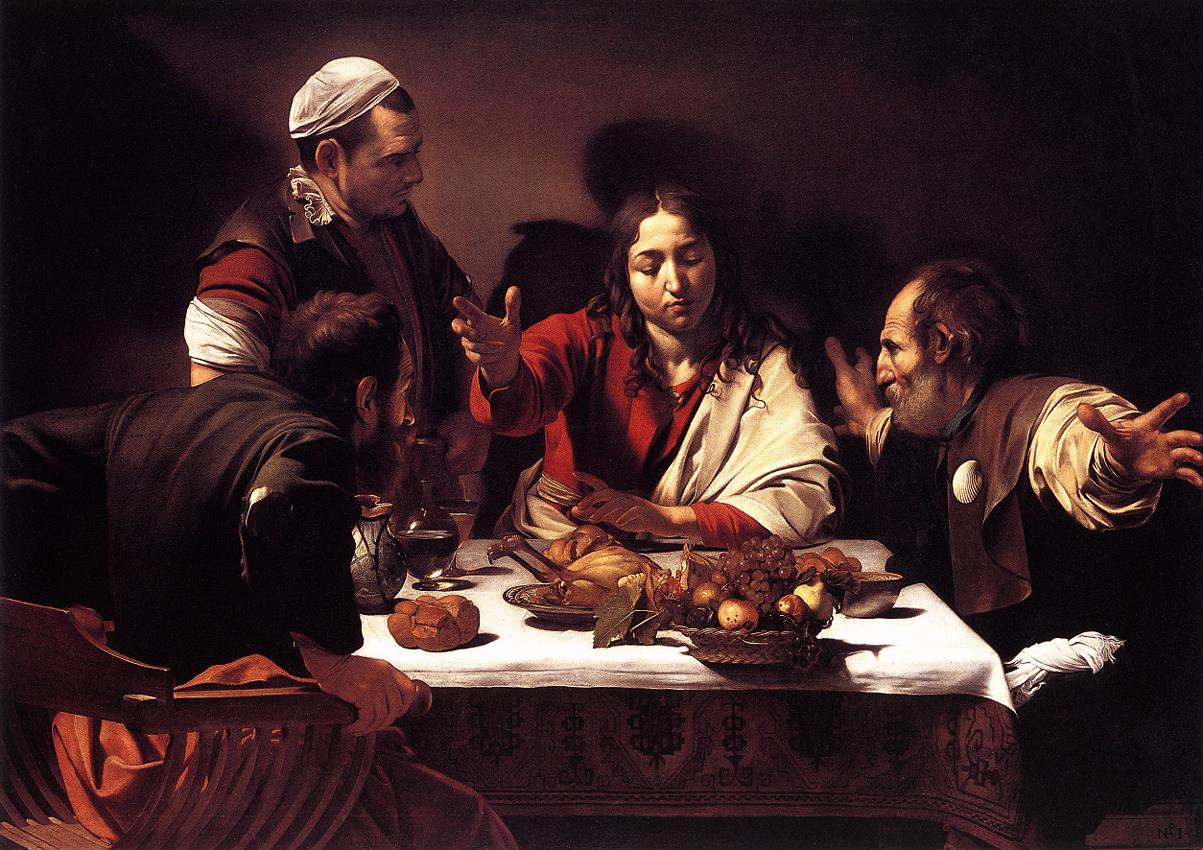
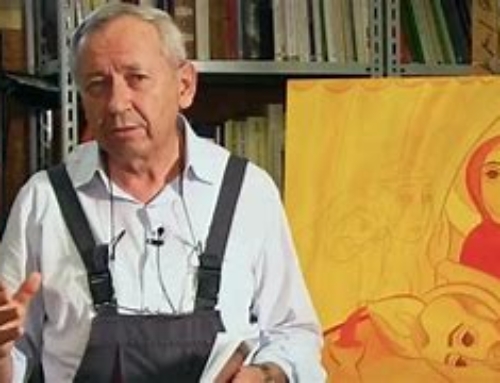
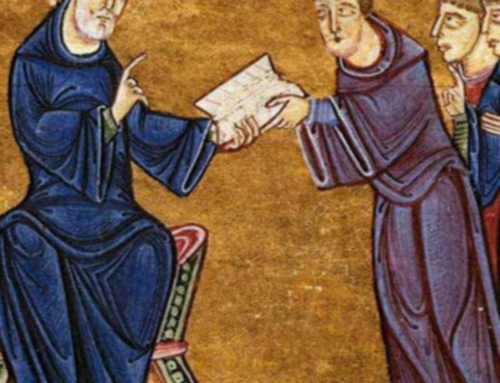

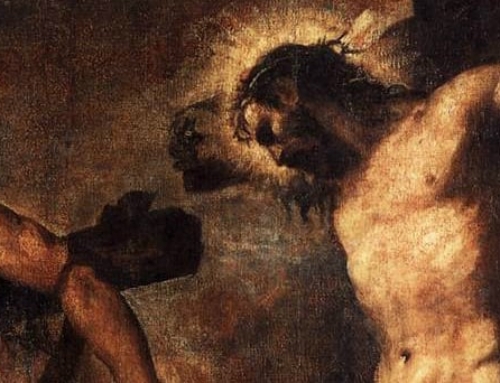
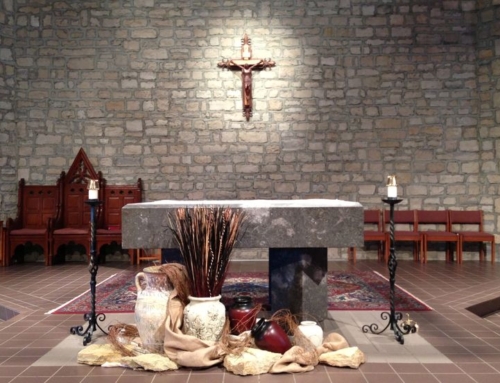
There are two distinct periods in which the disciples, apostles and others did not recognize Jesus for Who and What he was; namely the Son of God and the Christ. This is both the time before and the time immediately after the resurrection. Prior to the resurrection the only ones who recognize Jesus are the demon possessed, and Peter who recognizes Him as the Messiah the Son of the Living God, in a passage of great importance to Catholics and all Christians in the Apostolic Tradition, Matthew 16:13-20. We know this by heart but ought pay careful attention to how Jesus responds. He says “… this was not revealed to you by flesh and blood, but by my Father in heaven”. So the one time somebody gets it right, Jesus is not recognized by flesh and blood but by revelation. After the resurrection, the Risen Jesus is recognized in instances involving the breaking of bread and opening of the scripture. In other words, the access that people had to know Jesus when He was right there in front of them is the same access we have today. It is through the sacraments, the breaking of the bread, the opening of the scripture, leading to the burning of the heart and healing of the “mind” (Actually in Greek. Nous which is the eye of the soul, not the rational mind) which give us access to Christ. Every year at this time we see a spate of books and magazines coming out which attempt to get behind the cross and tell us about the historical Jesus. Yet knowing the historic Jesus did not enlighten the Apostles regarding His nature. They did not know Him by flesh and blood. They came to know him the same way we can – through the breaking of the bread and the opening of the scriptures. (These are not my ideas but the ideas of the early church fathers regarding revelation of the Christ. I claim no originality for these ideas.)